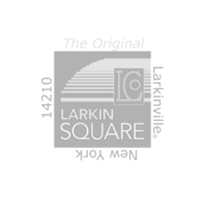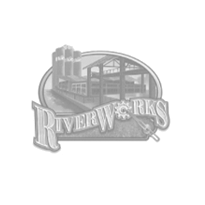Orange You Glad it's Winter?

Vitamin and mineral supplements have been marketed in recent years as a "fun and easy" way to meet your daily requirements, coming in gummy form with many shapes and flavors. However, they are called supplements for a reason and really only need to be used when medically necessary. With the winter season in full swing, these vitamins and minerals are especially important!
Vitamin C
- the winter time and colds seems to go hand in hand, that's why it's important
to eat foods with vitamin C to support a healthy immune system. And while it
may not prevent a cold from coming on, research has shown that consuming foods high in Vitamin C may reduce the length of cold symptoms by up to 1
1/2 days! Vitamin C is highly abundant in many foods including citrus fruits, red
and green bell peppers, broccoli, tomatoes, sweet potatoes, strawberries, and Brussels sprouts, to name a few.
 Vitamin D -
with shorter hours of sunlight during the winter it can be hard to get the
recommended amount of vitamin D, especially for those who live up north where
the cold drives people into their homes. Vitamin D is important for the absorption of calcium and phosphorus needed for healthy bones and it helps build up
our immune systems to fight off viruses and bacteria. Vitamin D is found
naturally in fatty fish, such as salmon and tuna, and from sunlight. Some foods
are fortified with vitamin D and are good options to include in your diet.
These include milk, orange juice, yogurt, cheese, and cereals.
Vitamin D -
with shorter hours of sunlight during the winter it can be hard to get the
recommended amount of vitamin D, especially for those who live up north where
the cold drives people into their homes. Vitamin D is important for the absorption of calcium and phosphorus needed for healthy bones and it helps build up
our immune systems to fight off viruses and bacteria. Vitamin D is found
naturally in fatty fish, such as salmon and tuna, and from sunlight. Some foods
are fortified with vitamin D and are good options to include in your diet.
These include milk, orange juice, yogurt, cheese, and cereals.
Iron - do
you ever find yourself feeling sluggish or tired during the winter? Iron can
help! Iron transports oxygen in the hemoglobin of red blood cells to all parts
of the body to help cells produce energy. There are two forms of iron, heme and
non-heme. Heme is found in beef, chicken, pork, or salmon and is more readily
absorbed than non-heme. Non-heme is found in whole grains, dark leafy
vegetables, dried beans, enriched rice, pumpkin seeds, and fortified breakfast
cereals.
Incorporating more foods into your diet with naturally occurring vitamins and minerals such as Vitamin C, Vitamin D and Iron are a great way to help your immune system stay strong and efficient during the winter months.

Kiersten is
a student on track to complete her BS/MS Degree in Dietetics at D'Youville
College in May 2016. From a young age she has enjoyed helping others and plans
on using her degree to assist people who want to make healthy changes in their
lives. In her spare time, Kiersten enjoys trying new recipes, traveling, and
spending time with her family and friends.




